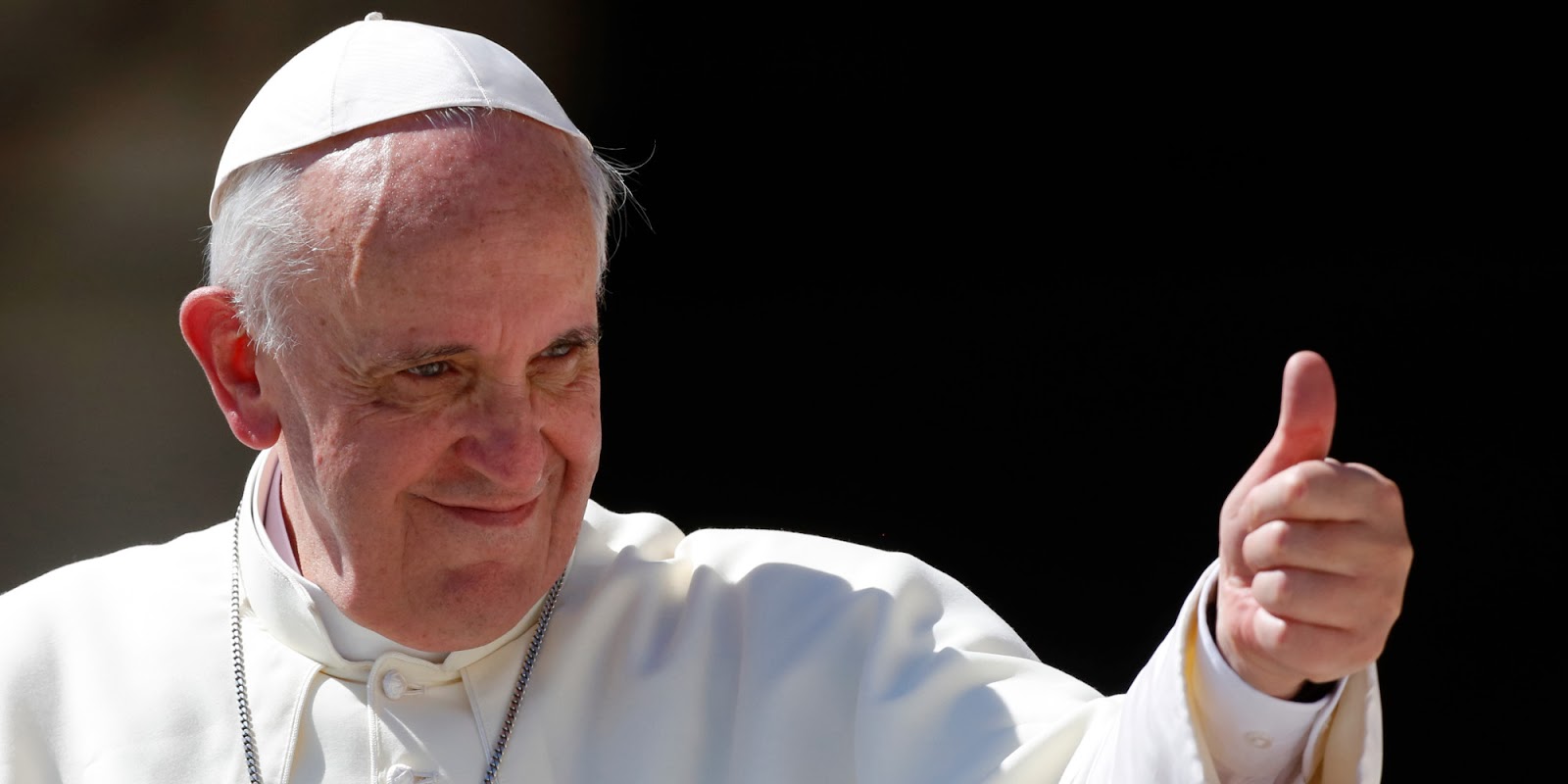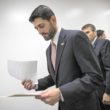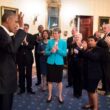Sometimes you don’t have to say anything “new” to make news. Consider the “apostolic exhortation” the Vatican released last week. Pope Francis didn’t break any bold new theological ground. But what makes his statement significant is the likelhood that no global religious figure has ever before denounced economic inequality with as wide-ranging—and accessible—an assault.
These five insights jump out most dramatically.
In plain yet powerful language, Pope Francis is challenging the givens of our deeply unequal world—and helping inspire resistance to it.
Inequality has no redeeming social value
Our most clever apologists for maldistributions of wealth no longer argue that the richest among us have more brains than the rest of us. They argue instead that we need grand fortunes, because they serve as an incentive for the rest of us—and supply the investments that keep economies thriving.
Pope Francis, in clear language that demonstrates his command of the vernacular, blows away these claims. “Some people continue to defend trickle-down theories which assume that economic growth, encouraged by a free market, will inevitably succeed in bringing about greater justice and inclusiveness in the world,” Francis writes. But that “has never been confirmed by the facts.”
Markets demand critical attention
“Market fundamentalists” driving public policy around the world warn us not to interfere in the marketplace. Any serious attempt to undo the inequality that markets engender, they insist, risks upsetting the natural order that markets in their inherent wisdom create.
But markets are run by rules, and these rules reflect the power of those who set them. Francis sees no reason to automatically accept the verdicts of markets. He sees every reason to examine how they actually operate—and to challenge operations that leave us staggeringly unequal.
We need to reject “the absolute autonomy of markets,” he writes, and confront “the structural causes of inequality.” Until we do, “no solution will be found for the world’s problems.”
Wealth works best when we share it
A previous world-famous Francis—Sir Francis Bacon—advised us centuries ago that wealth, like manure, only does good when we spread it around.
Francis agrees. His exhortation encourages those who sit at our economic summits “to ponder” the teachings of the ancient sage who told us that “not to share one’s wealth with the poor is to steal from them.” We must, Francis says, “say ‘thou shalt not’ to an economy of exclusion and inequality.”
Adds the pontiff: “Such an economy kills.”
Inequality endangers us all, not just the poor
Since arriving in Rome, Francis has consistently reminded the world that “the majority of our contemporaries are barely living from day to day.” His exhortation eloquently decries the suffering of those “without work, without possibilities, without any means of escape.”
The security we all seek, he notes, will remain unattainable so long as we remain perilously unequal. No “law enforcement or surveillance systems can indefinitely guarantee tranquility,” he writes, until we reverse “exclusion and inequality in society and between peoples.”
The reason goes beyond the reality that “inequality provokes a violent reaction” from the excluded, “Just as goodness tends to spread,” he explains, “the toleration of evil, which is injustice, tends to expand its baneful influence and quietly to undermine any political and social system, no matter how solid it may appear.”
In unequal societies, social fabrics will always tear
In relatively equal societies, where most people can afford to buy the same things, things in general tend not to matter all that much. But in unequal societies everything reverses. Things—and the money to buy them—become primary.
“The worship of the ancient golden calf,” observes Pope Francis, “has returned in a new and ruthless guise in the idolatry of money and the dictatorship of an impersonal economy lacking a truly human purpose.” In this economy, “we end up being incapable of feeling compassion.” Together, “unbridled consumerism combined with inequality proves doubly damaging to the social fabric.”
Sums up Francis: “The culture of prosperity deadens us; we are thrilled if the market offers us something new to purchase; and in the meantime all those lives stunted for lack of opportunity seem a mere spectacle; they fail to move us.”
And Pope Francis clearly wants us moving. Against inequality.
Sam Pizzigati is an Associate Fellow at the Institute for Policy Studies and editor of Too Much: A Commentary on Excess and Inequality. His latest book is The Rich Don’t Always Win: The Forgotten Triumph over Plutocracy that Created the American Middle Class.





0 Comments